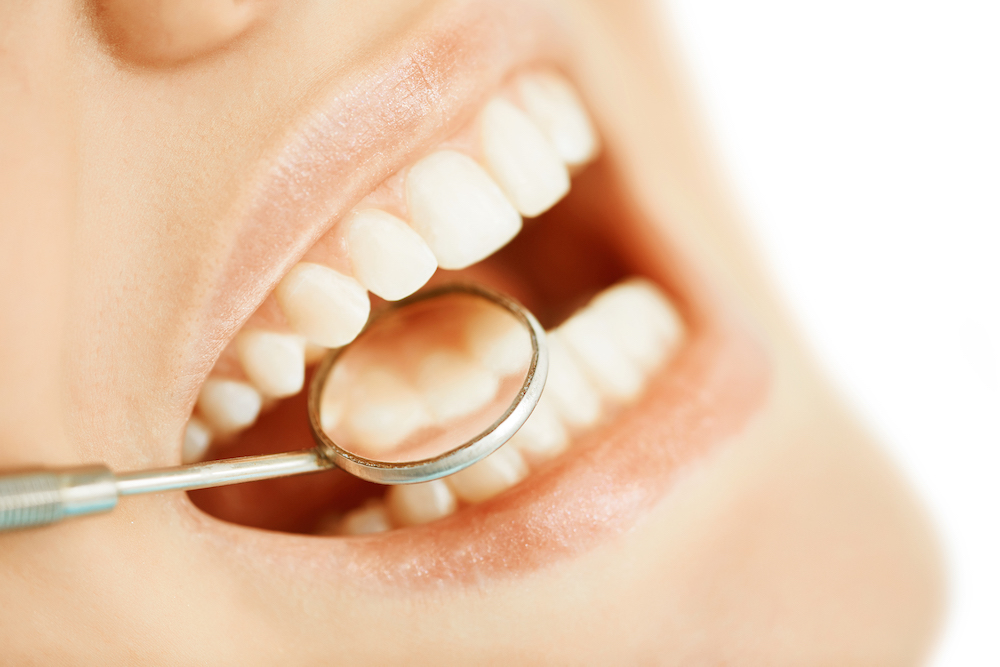Stress is a natural response to life’s challenges and changes, and it is not uncommon for it to manifest in various physical symptoms. The human body reacts to stress by releasing hormones such as cortisol and adrenaline, which can have wide-ranging effects on different bodily systems, including the immune, cardiovascular, and digestive systems.
The oral cavity is also susceptible to stress, with numerous dental issues directly or indirectly linked to stress.
The modern world is rife with stress, and unfortunately, this significantly impacts our overall well-being. In this blog, we will explore how stress can affect oral health and some practical strategies to help manage stress and maintain a healthy mouth.
The Connection Between Stress and Oral Health
The relationship between stress and oral health is complex, with various factors contributing. When the body is under stress, it releases cortisol, a hormone that can cause inflammation and weaken the immune system. This can make it more difficult for the body to fight off oral infections, ultimately leading to a higher risk of developing gum disease, tooth decay, and other oral health problems.
Stress can also lead to negative behaviors that directly impact oral health, such as teeth grinding, poor oral hygiene, and unhealthy dietary habits.
Stress-related Oral Health Issues
Bruxism (Teeth Grinding)
Bruxism, or teeth grinding, is a common stress-related oral health issue that can lead to tooth wear, sensitivity, and even fractures. Grinding your teeth can also cause damage to dental work, such as fillings, crowns, and veneers. In some cases, bruxism can lead to temporomandibular joint disorder (TMJ), a painful condition that affects the joints connecting the jaw to the skull.
Gum Disease
Stress weakens the immune system, making it more difficult for the body to fight off infections. This can increase the risk of developing gum disease, which begins with mild inflammation (gingivitis) and can progress to more severe periodontitis if left untreated. Gum disease can lead to tooth loss, bad breath, and other oral health problems.
Canker Sores
Stress can contribute to the development of small canker sores and painful mouth ulcers. While not dangerous, they can be uncomfortable, making eating or speaking difficult.
Poor Oral Hygiene
When stressed, it’s easy to neglect our oral hygiene routine. This can lead to a buildup of plaque, which increases the risk of tooth decay and gum disease. In addition, people who are stressed may be more likely to smoke, consume sugary or acidic foods and drinks, or use alcohol and drugs, all of which can have detrimental effects on oral health.
Dry Mouth
Stress may lead to dry mouth, or xerostomia, a condition where the salivary glands produce insufficient saliva. Saliva plays a crucial role in maintaining oral health. A lack of saliva can increase the risk of tooth decay, gum disease, and bad breath. Drinking water, using sugar-free gum, and using saliva substitutes can help alleviate dry mouth symptoms.
Temporomandibular Joint Disorders (TMDs)
TMDs affect the temporomandibular joint (TMJ), which connects the jaw to the skull. Stress can lead to muscle tension and clenching, resulting in pain, clicking, or popping in the TMJ. Treatment options include relaxation techniques, physical therapy, and oral appliances.
Managing Stress for Better Oral Health
To protect your oral health and reduce the impact of stress, it’s essential to adopt stress-management techniques and maintain a healthy lifestyle. Here are some practical strategies:
a. Develop a Daily Oral Hygiene Routine
Commit to brushing your teeth at least twice daily with fluoride toothpaste, flossing daily, and using an antimicrobial mouthwash. Regular dental checkups and cleanings are also crucial to maintaining good oral health.
b. Prioritize Self-care
Make time for activities that help you relax and unwind, such as meditation, yoga, exercise, or spending time with friends and family. Good sleep hygiene is also essential, as it can help reduce stress and promote overall well-being.
c. Seek Professional Help
If stress is taking a toll on your oral health and overall well-being, consider seeking help from a mental health professional, such as a therapist or counsellor. They can help you develop coping strategies and provide guidance on stress management.
d. Break Bad Habits
Address any harmful habits contributing to stress, such as smoking, excessive alcohol consumption, or an unhealthy diet. Replacing these habits with healthier choices can lead to improvements
Wrapping up
Stress can significantly impact oral health, leading to various issues that may require treatment. Understanding the link between stress and oral health is crucial for maintaining a healthy mouth and preventing complications. Regular dental care, stress management techniques, and a healthy lifestyle can help protect against stress-related oral health problems.
Our dental clinic in Calgary offers personalized treatment plans to manage stress-related oral health problems.
These may include:
- Protective devices such as night guards for patients with bruxism
- TMJ disorder treatments, including splints, physical therapy, and relaxation techniques
- Scaling and root planing for gum disease
- Topical treatments and lifestyle recommendations for canker sores and dry mouth
By customizing treatments based on individual needs, The Port Dental Clinic ensures optimal results and improved quality of life for our patients. Moreover, our commitment to patient comfort and satisfaction helps alleviate stress and anxiety related to dental visits, allowing for a more positive experience.



